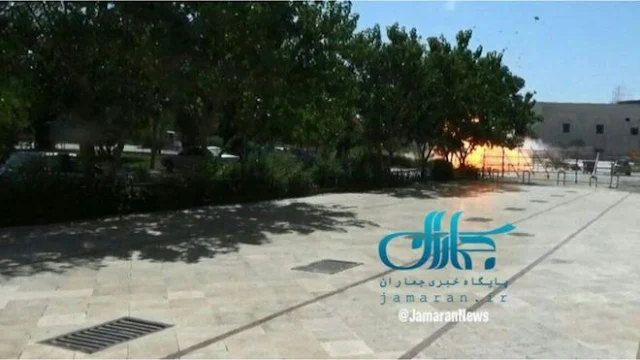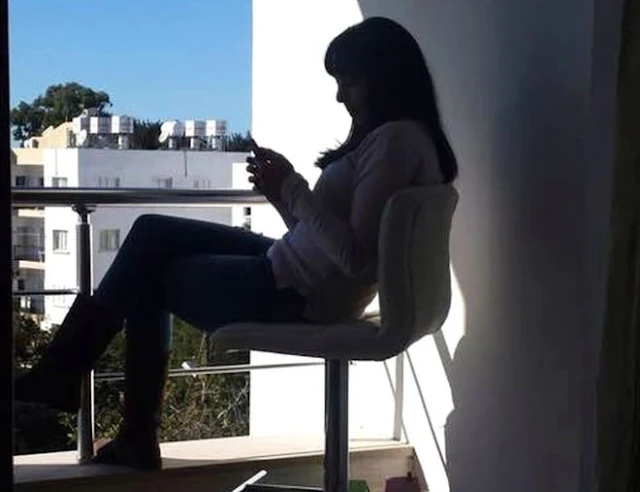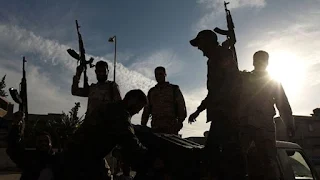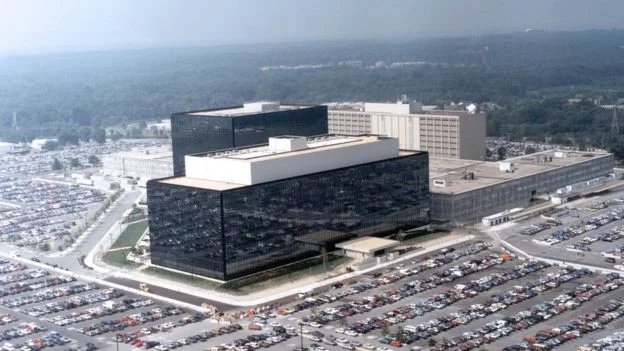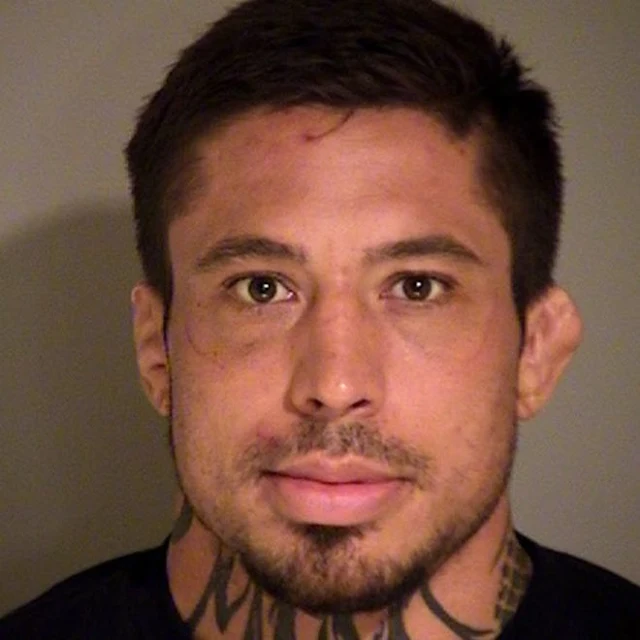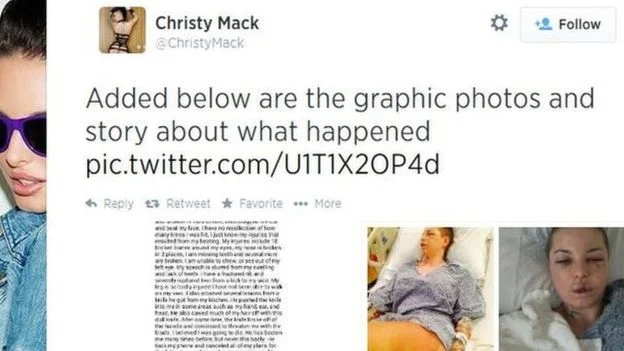Qatar row: Trump urges Arab unity in call to Saudi Arabia's King Salman
US President Donald Trump has called
the king of Saudi Arabia to urge Gulf unity amid an escalating dispute
over Qatar's alleged support for militants.
Earlier, he said the Saudis' move to isolate Qatar could mark the "beginning of the end to the horror of terrorism".
Several Gulf countries cut travel and embassy links with Qatar on Monday.
Qatar
strongly denies supporting radical Islamism. The rift has affected oil
prices, travel and shipping, and has raised fears of food shortages.
The
emir of Kuwait is mediating in the dispute and the president of Turkey
has also offered to help, saying isolation and sanctions will not
resolve the crisis.
"His [Mr Trump's] message was that we need
unity in the region to fight extremist ideology and terrorist
financing," a US official told Reuters news agency.
- Why this row has erupted
- I'm flying through the Gulf: How will this affect me?
- Food, flights and football at risk
- Five things you may not know about Qatar
What is Trump saying?
Mr Trump had earlier claimed credit for the pressure placed on Qatar, saying his recent visit to Saudi Arabia was "already paying off".
In
a series of tweets on Tuesday morning, Mr Trump accused Qatar of
funding terrorism, saying: "During my recent trip to the Middle East I
stated that there can no longer be funding of Radical Ideology. Leaders
pointed to Qatar - look!"
In his phone call to King Salman, he was
quoted by Reuters as saying: "It's important that the Gulf be united
for peace and security in the region,"
Separately, the Pentagon thanked Qatar for hosting the largest US air force base in the Middle East.
What do the Saudis want?
Saudi
Arabia's foreign minister called on Qatar to cut ties with Palestinian
group Hamas in the occupied territories, and the Muslim Brotherhood in
Egypt, if it wanted to end its isolation in the Gulf region.
Adel Al-Jubeir said: "Nobody wants to hurt Qatar. It has to choose whether it must move in one direction or another direction."
Speaking in Paris, he said the economic measures should put pressure on Qatar to act "like a normal country".
He
name-checked "support of extremist groups", "hostile media" and
"interference in affairs of other countries" as things Qatar would have
to change if it wished to restore ties.
But Qatar's Foreign Minister, Sheikh Mohammed Bin Abdulrahman
al-Than, said: "There is no single evidence that the Qatar government is
supporting radical Islamists."
On Monday, several countries
withdrew their ambassadors from Doha, Qatar's capital, while some cut
transport links and gave Qatari nationals two weeks to leave their
territory.
Disruption to airspace in the Gulf began on Tuesday
morning local time. Doha, Qatar's capital, is a major hub for
international flight connections.
Airlines affected include Qatar
Airways, Etihad Airways and Emirates. Saudi Arabia and Bahrain have
revoked the licences of Qatar Airways and ordered its offices to close.
When
avoiding Saudi Arabia, their massive - and only - neighbour, Qatar's
planes are having to take more indirect routes, leading to longer flight
times.
Qatar is heavily dependent on food imports and residents have been queuing at supermarkets to stockpile.
- Qatar travel ban for Philippine workers
- Saudi pulls Qatar Airways licence
- 'A Qatarstrophe' - social media reacts
- All you need to know about Qatar
Does anyone sympathise with Qatar?
Turkish President Recep Tayyip Erdogan said isolating Qatar would "not resolve any problems" and called for "mutual dialogue".
"In this respect, we appreciate Qatar's constructive stance," he said.
"Trying to isolate Qatar, which certainly carries out an efficient fight against terrorism, will not resolve any problems."
France's
President Emmanuel Macron spoke to Mr Erdogan and to the emir of Qatar
in separate telephone calls, saying he was ready to back "all
initiatives to encourage calm".
BBC NEWS




